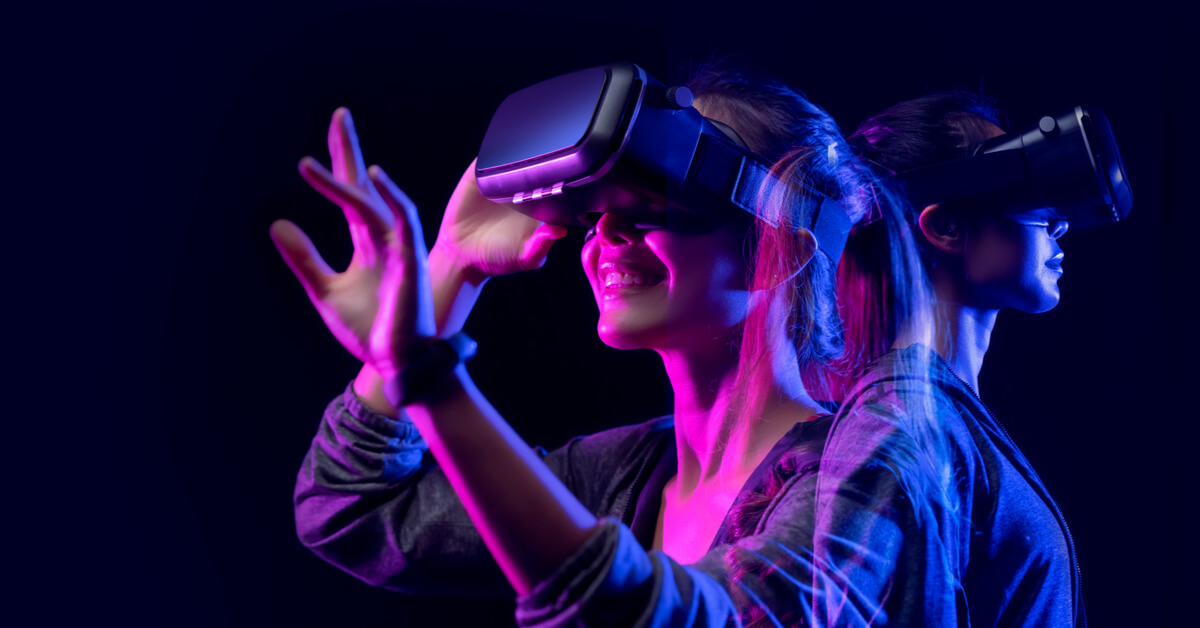April 14, 2022
This is the second installment of a longer series, a long conversation (Chapter 1 can be found here). It builds on the idea that there is no one future of education because we are all on our own journeys, and that includes schools. What are the forces that are already designing a new system of education, of learning? What will it take to be part of the creation of this system? What will it take for us to shift our values to thrive in the new learning system?
When the relationships that form a system rapidly unravel, the system undergoes a critical transition from which a new state emerges, with new feedback loops that stabilize the system. This can happen when external forces make it impossible for the old system to continue or when internal forces re-design the feedback loops*. When either or both of these events happen, it is nearly impossible to go back, a phenomenon known as hysteresis. There is often a time lag between the emergence of the new system and our awareness that things have changed. One system that fits this description is education, specifically schools.
Living systems are complex…



